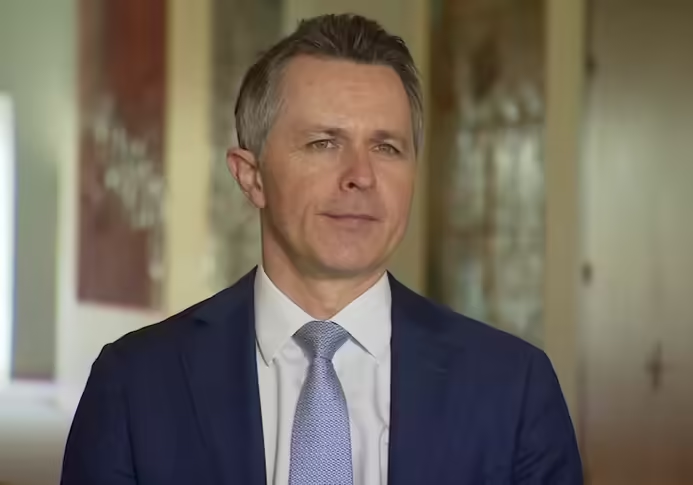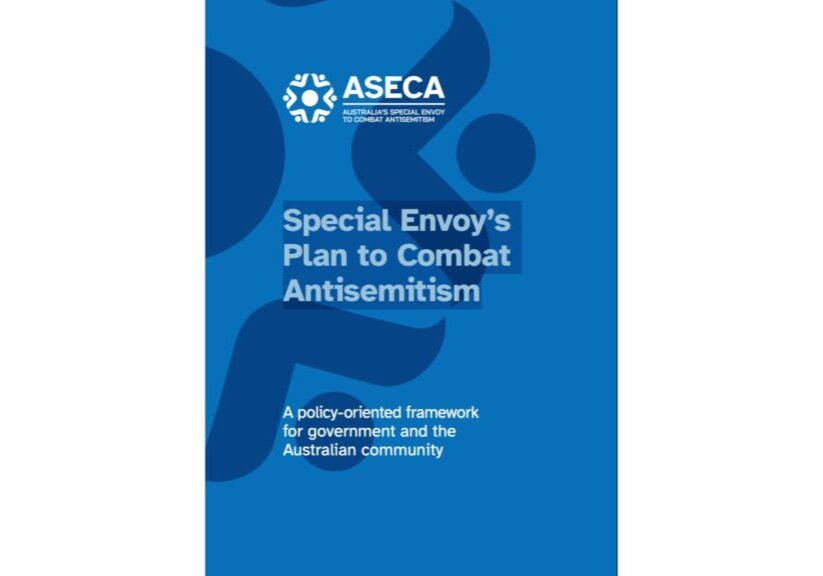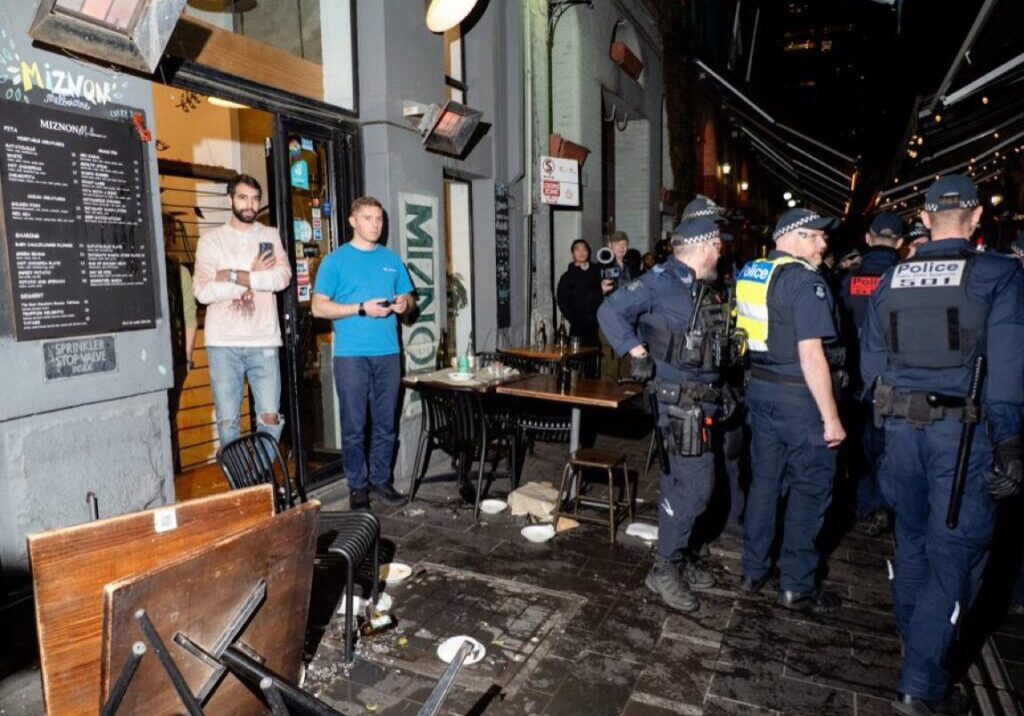Australia/Israel Review
The Last Word: First, the Good News
Nov 23, 2010 | Jeremy Jones
Jeremy Jones
First, the good news. In the latest 12-month reporting period, physical attacks on Jewish Australians and vandalism of Jewish property were reported at the lowest rate for ten years and the fifth lowest rate in the 21 years I have maintained the national database.
Hate mail was logged at the lowest recorded rate, telephone threats at the third lowest rate, graffiti daubing also at a ten year low.
Australians in public life, with a very small number of exceptions, avoided making antisemitic comments and we experienced an election campaign where even most known extremists showed remarkable restraint.
Two federal politicians – one ALP, Michael Danby MHR, one Liberal, Senator Scott Ryan – attended the 2010 Conference of the Interparliamentary Coalition Combating Antisemitism, in Ottawa, joining participants from 50 countries who were committed to defining the problem and finding constructive means of responding to it.
The Conference included significant international figures working to protect and promote human rights, survivors of genocide in Africa, representatives of governments with specific mandates to address global issues affecting Jews, as well as the handful of individuals who have directed serious long-term efforts to documenting and analysing anti-Jewish propaganda and activity.
Participants discussed experiences, suggested examples of best-practice models for dealing with group defamation, demonisation and delegitimisation, and heard from remarkable individuals about their life journeys to an international conference dealing with antisemitism.
One enriching experience I had was talking with a young Rwandan scholar about her remarkable survival as a teenager and her commitment to helping those who have been through trauma while working to try to stop those who would spread hatred and the seeds of trauma.
Another was discussing the problems of Islamist antisemitism with a representative of half a million imams in Asia and with leading figures promoting alternative options for those attracted to radical extremism in Europe.
It was encouraging to take part in well-developed discussions on the balance between free speech and protection from the effects of hate speech, and on the distinctions between criticism of Israel (and/or the actions of Jewish people) and antisemitic propaganda and incitement.
The bad news is that, for the third year in a row, the number of reports of verbal abuse and harassment of Jewish Australians going to and from, or outside, synagogues, reached record highs, with 150 reports nationally.
Websites associated with major Australian media outlets provided platforms for repulsive anti-Jewish propagandists to spread their bile, despite regular assurances that these same sites were moderated by educated individuals.
New anti-Jewish websites and grouplets emerged, as part of an ever-changing far right-wing sub-culture, while sections of the far-left continue to make intellectually offensive and morally outrageous charges against Israel and Jews collectively.
Bookshops identified as Islamic sell crude, anti-Jewish material alongside religious texts and halal cookbooks, while on-line discussion forums and printed publications provide ample evidence of a group of vocal, vicious vendors of anti-Jewish vitriol.
Internationally, violent antisemitic attacks reached post WWII peaks, up from 78 in 1989 to 1,129 in 2009, genocidal antisemitism had state sponsors and in far too many places individual Jews take measures for personal safety including concealing any obvious signs that they are Jewish.
Commitments by many states to monitor antisemitism, let alone to seek to address the problem, have far too often been honoured in the breach.
While 50 countries were represented at the inter-parliamentary meeting, swathes of the globe were absent, with Australian MP Michael Danby noting East Asia’s absence as a particular challenge.
The positive, heartfelt commitments by prominent Christians and Muslim representatives are welcome, but come in the context of well-publicised anti-Jewish pronouncements claiming the same, or superior, religious authority.
The convening of the Ottawa Conference was good news, signifying a commitment to collaborative work against “the most enduring of hatreds”. The fact that it was needed and that the challenge is so immense, however, is bad news indeed.
Tags: Antisemitism






